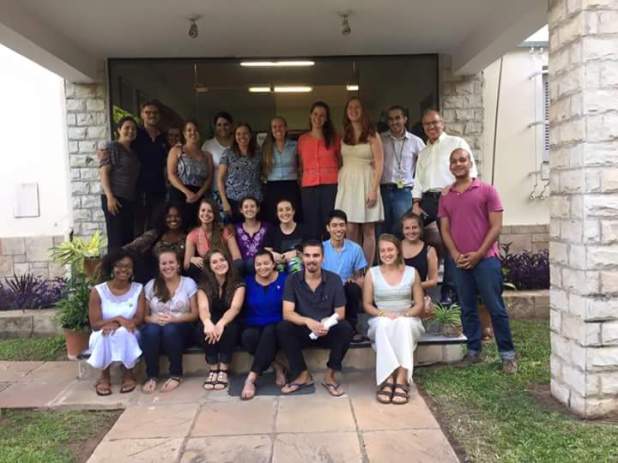Did I tell you I’m an EMT? I’ve been running for about 5 months. Long enough to have learned a thing, maybe two. Let me tell you about the do-good high.
There’s a certain kind of person who becomes an EMT and sticks with it. Hint: It has nothing to do with your age, background, or future.
It boils down to what I call the “do-good high.”
There are EMTs who want patient experience so they can then become nurses and doctors. There are others who like sirens and driving large vehicles with lights. Many EMTs want to give back to the community. Others like the satisfaction of saving lives. Whatever the reason, the thing that makes all EMTs the same is that they get a thrill from doing good.
Whether it’s helping a little old lady after she’s fallen or bringing a person back from the dead through CPR, the folks who stay in emergency medicine are there because they’ve caught the do-good bug. When the alarms go off at 3 a.m., waking you from a dead sleep, and the dispatcher comes over the speaker: “56-year-old male, vomiting and diarrhea…”† I think a normal person would choose to go back to sleep. Not an EMT.
The EMT answers the call. Why? Partly it’s our duty to put on our uniform and leave the station as fast as we can, but there’s also something beyond obligation that makes us go. Even in the grossest of circumstances, like when we pick up that vomiting and pooping man and sit with him during the 30-minute ride to the hospital, we helped turn a bad night for him into a slightly better night.
The feeling you have sitting in the back of an ambulance as the sirens holler and you hustle to your patient is something like that of standing on the start line of a giant race. Your heart goes just a tad bit faster and your mind zips through the possible scenarios that could unfold once you arrive at the scene. Then you reach your patient and a calm descends upon you. There’s a human in distress and what’s ailing them is your puzzle to solve. You might be the one who saves their life. But even if you aren’t called upon to be a hero, you can ease their distress by helping them breathe or reassuring them as you go to the hospital. Seeing your patient’s face relax or their color return after you help elicits an adrenaline rush that starts in your center and spreads out to every corner of your body. It’s a high like that from scoring the winning goal or beating a chess genius at their own game, but it’s better because it lingers. This rush and joy that rapidly overtake you after helping a patient is the “do-good high.” All EMTs get it. It’s what keeps us coming back.
†Fictional dispatch that captures the essence of a typical call. HIPAA and other privacy measure prohibit sharing patient information.







